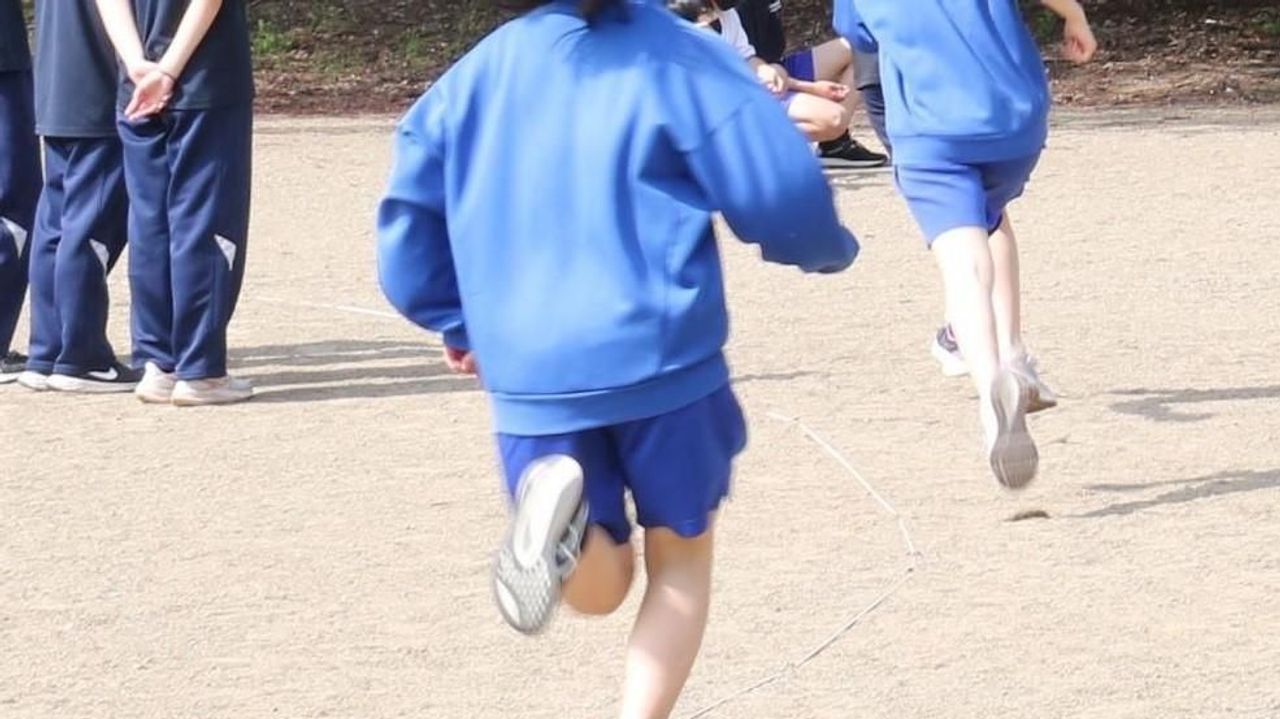A shift in the operation of school club activities in Japan has resulted in an increased burden on parents, according to the feedback received. Previously run within the school, certain club activities are now shifting to the local community level. While this change aims to foster greater community engagement, it has unintentionally increased pressure on parents, who are now required to manage and support these extracurricular activities, affecting their work and personal commitments.
In Japan, parents are deeply involved in their children's academic and extracurricular activities. Club activities in schools are seen as a vital component of a student's education, helping them to develop skills and interests outside of academics. This shift in the operation of clubs to the local community level has potential for conflict due to differences in cultural expectations of parenting roles and responsibilities in Japan. The consensus-oriented nature of society means these concerns warrant serious attention.
In the US or EU, community involvement in school activities is common. In many cases, local community organizations lead extracurricular activities as opposed to school-run clubs. However, the burden on parents differs as cultural norms around parenting vary, and public services like after-school care are more available.

